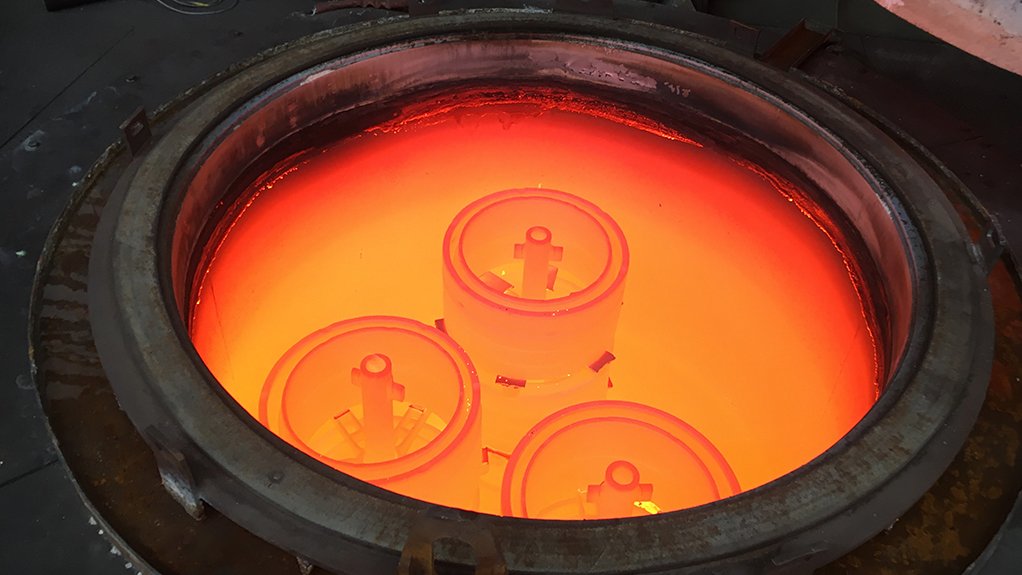

Improving bearings performance in wind turbine gearboxes
SKF has developed a new roller bearing for wind turbine gearboxes that offers bearing rating life that it says is at the forefront of the industry and enables reduction of downtime and maintenance.
The company says that its high durability gearbox bearing for wind raises the torque density in wind turbine gearboxes by reducing bearing and gear size up to 25%, through an improved rating life while improved robustness also avoids premature failures.
The gearbox relies on a tailored combination of steel and heat treatment process that is developed to raise fatigue resistance and robustness. A thermochemical heat treatment process improves its surface and subsurface properties.
“The heat treatment process enriches the surface layer of the bearing components and improves the material strength both at and below the surface, covering the high stressed material volume during bearing operation,” says SKF Wind Gearbox Competence Centre manager David Vaes. “Rolling bearing performance very much depends on material parameters such as microstructure, residual stress and hardness.”
The tailored steel and heat treatment process is said to offer several benefits, such as increased bearing rating life and enabling downsizing, increasing the new bearings’ capacity to resists typical failure modes in gearboxes, such as premature failures related to White Etching Cracks (WECs), micropitting and wear.
Internal tests and calculations are said to show up to a five-fold increase in bearing life compared to current industry standard. In addition, an up to 10-times higher robustness against stress induced premature failures with WECs have been proven on in-house test rigs.
SKF asserts that the improved performance of its high durability gearbox bearings means the bearings can be downsized, helping to increase torque density of the gearbox. This is critical in the latest generation of multi-megawatt turbines.
In a typical planetary stage of a 6 MW wind turbine gearbox, a size reduction of the planet wheel bearing of up to 25%, and consequently of the planet gear as well, is achievable by using the high durability gearbox bearing while keeping the same rating life as the industry standard bearing.
Similar size reductions can be achieved on different positions in the gearbox. In a parallel gear stage, the bearing size reduction will also reduce the risk of slip-related damages.
Resistance to typical failure modes could help gearbox manufacturers, turbine owners and service providers to increase reliability and have less unplanned turbine standstill and repair cost.
The new features aim to help reduce the levelized cost of energy for wind and to support the wind industry’s aim to become a cornerstone in the future energy mix.




